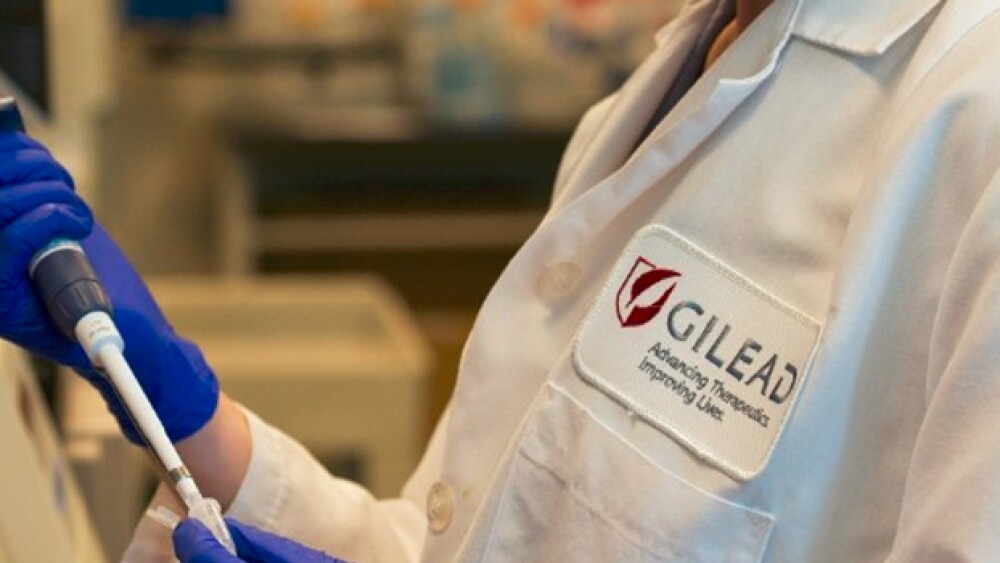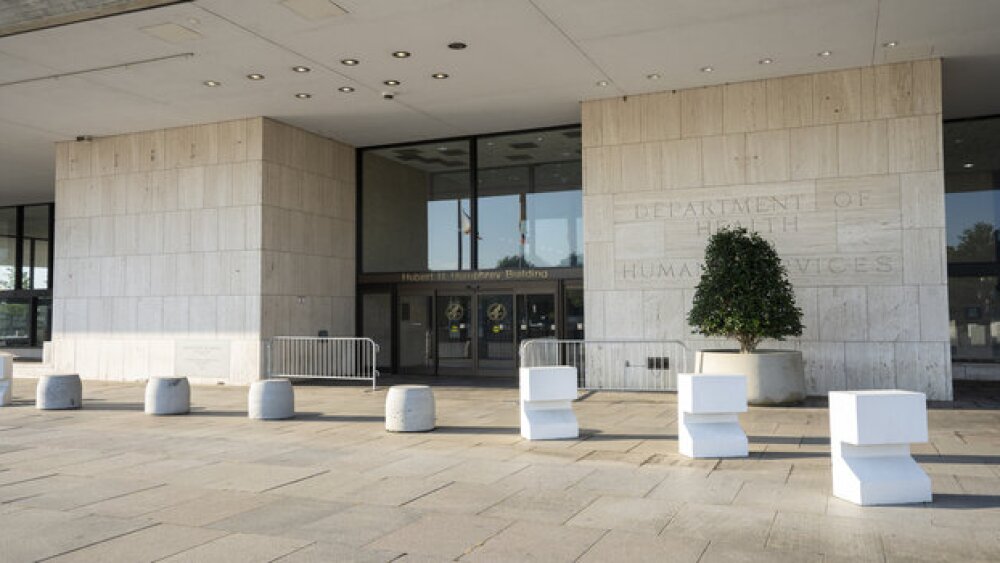Maybe timing is everything. On Aug. 28, 2017, Gilead acquired Kite for about $11.9B.
Maybe timing is everything. On Aug. 28, 2017, Gilead Sciences acquired Kite Pharma for about $11.9 billion. Late yesterday, the two companies announced that the U.S. Food and Drug Administration (FDA) had approved Kite’s Yescarta (axicatagene ciloleucel, or axi-cel), only the second CAR-T therapy to be approved.
Yescarta is the first chimeric antigen receptor T cell (CAR-T) therapy for relapsed or refractory large B-cell lymphoma after two or more lines of systemic therapy, including diffuse large B-cell lymphoma (DLBCL) not otherwise specified, primary mediastinal large B-cell lymphoma (PMBCL), high-grade B-cell lymphoma, and DLBCL arising from follicular lymphoma (transformed follicular lymphoma, or TFL).
It was only a short time ago that the FDA approved Novartis’ Kymriah (tisagenlecleucel) in acute lymphoblastic leukemia, the first CAR-T product approved.
“The FDA approval of Yescarta is a landmark for patients with relapsed or refractory large B-cell lymphoma,” said Arie Belldegrun, founder of Kite, in a statement. “This approval would not have been possible without the courageous commitment of patients and clinicians, as well as the ongoing dedication of Kite’s employees. We must also recognize the FDA for their ability to embrace and support transformational new technologies that treat life-threatening illnesses. We believe this is only the beginning for CAR-T therapies.”
Alex Lash, writing for Xconomy, notes, “More than a month before the decision was due, the FDA has given the nod to axicabtagene ciloleucel, now branded as Yescarta, to treat adults with desperate cases of non-Hodgkin lymphoma (NHL) who have failed at least two other treatments, such as chemotherapy. Ten cancer centers will be ready to treat patients immediately and more than 70 centers should be ready within a year, says David Chang, chief medical officer of Kite Pharma, the company that brought the complicated cell-based medicine to market.”
Yescarta will be manufactured at Kite’s manufacturing site in El Segundo, California. In the ZUMA-1 clinical trial, Kite showed a 99 percent manufacturing success rate with a median turnaround time of 17 days. The reason that’s important is the nature of CAR-T therapies. A patient’s T cells are collected, shipped to the manufacturing site, engineered by the company to attack the patient’s unique cancer cells, and delivered back to the patient’s physician, who infuses the treatment back into the patient. So it takes about two-and-a-half weeks for this to happen.
Like most CAR-T therapies, both approved and in trials, there have been many cases of an infusion reaction, called cytokine release syndrome, as well as neurological problems like seizures, headaches, and delirium. Novartis and Kite/Gilead have developed protocols to minimize the risk, and have created specialized training programs for the health centers offering the treatment.
Nonetheless, Yescarta requires a Boxed Warning in its product label that describes the risks of cytokine release syndrome and neurological toxicities.
In the U.S., Yescarta will have a list price of $373,000. Lash writes, “Axi-cel was developed by the National Cancer Institute and then Kite. It is meant to be a one-time treatment. There is some game theory behind the pricing. Tisagenlecleucel [the Novartis product] is for kids and young adults with a severe form of leukemia, and it comes with a $475,000 price tag. Like axi-cel, it is a single dose.”
It’s possible that Novartis’ Kymria will also soon be approved for adults with NHL and compete with Yescarta. And if it does, Novartis has indicated it would consider a different pricing strategy for NHL. Novartis has also promised to waive the cost for pediatric leukemia patients who don’t respond to the treatment within a month.
Lash writes, “But Gilead has not set any alternative price mechanisms with axi-cel for NHL, even though more than half of patients in the key study had not responded to the treatment within six months. A Gilead spokeswoman says the company is in ongoing and active discussions with government and commercial payers, and there are ‘varying degrees of interest and ability to execute value-based agreements.’ In December, Kite officials will present the results of the same patients 12 months after receiving axi-cel. If the upward trend shown today continues, the price setters at Gilead might feel that no performance contingencies are necessary.”





